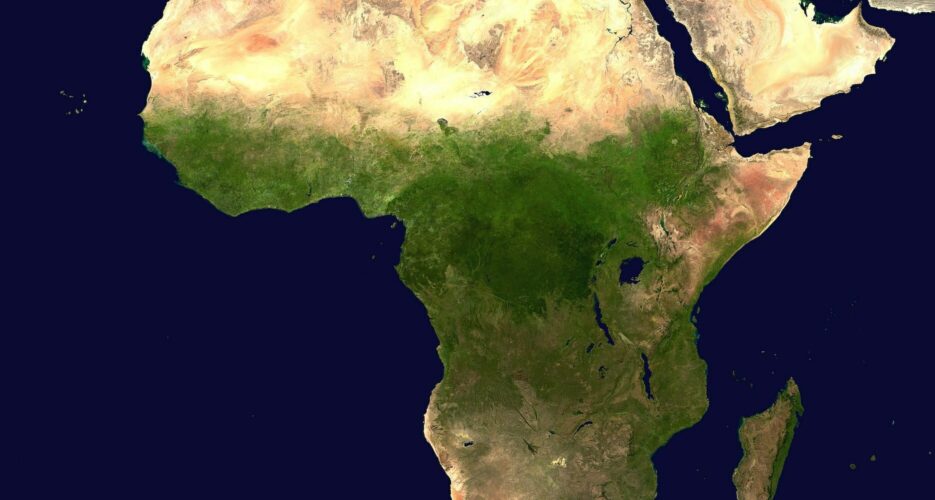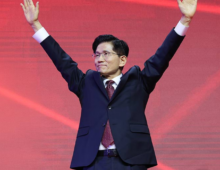Seoul’s relationship with the continent remains premised on an outdated model of finished goods for natural resources
Africa’s massive population, which is also the youngest in the world, makes the continent a prime target for South Korea to direct its famous export-oriented energies. And President Yoon Suk-yeol deserves credit for showing interest in Africa relatively early in his term.
Recent developments in the ROK’s relationship with Ghana, for example, show that if South Korea is sincerely interested in maintaining a long-term presence in the region and benefiting from the potential economic growth on the continent, it must first look at Africa’s economic potential in a more comprehensive manner.
Africa’s massive population, which is also the youngest in the world, makes the continent a prime target for South Korea to direct its famous export-oriented energies. And President Yoon Suk-yeol deserves credit for showing interest in Africa relatively early in his term.
Recent developments in the ROK’s relationship with Ghana, for example, show that if South Korea is sincerely interested in maintaining a long-term presence in the region and benefiting from the potential economic growth on the continent, it must first look at Africa’s economic potential in a more comprehensive manner.
Get your
KoreaPro
subscription today!
Unlock article access by becoming a KOREA PRO member today!
Unlock your access
to all our features.
Standard Annual plan includes:
-
Receive full archive access, full suite of newsletter products
-
Month in Review via email and the KOREA PRO website
-
Exclusive invites and priority access to member events
-
One year of access to NK News and NK News podcast
There are three plans available:
Lite, Standard and
Premium.
Explore which would be
the best one for you.
Explore membership options
© Korea Risk Group. All rights reserved.
No part of this content may be reproduced, distributed, or used for
commercial purposes without prior written permission from Korea Risk
Group.












